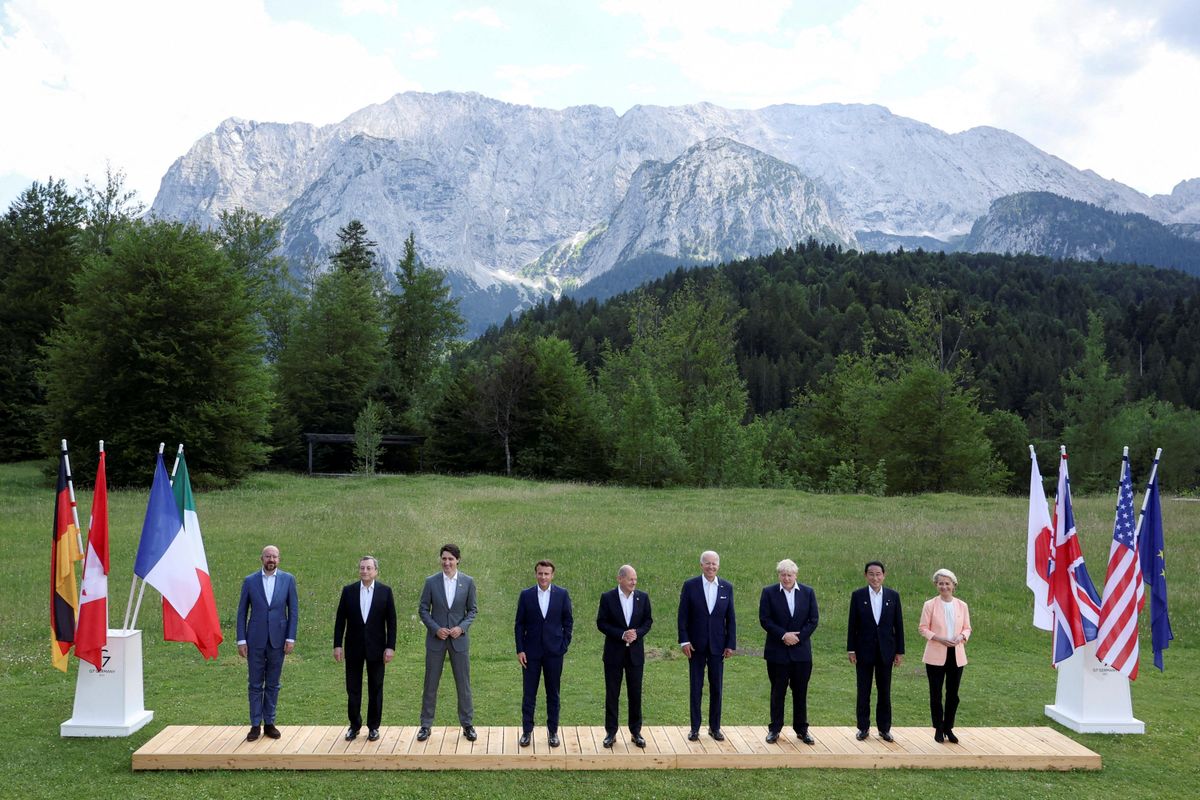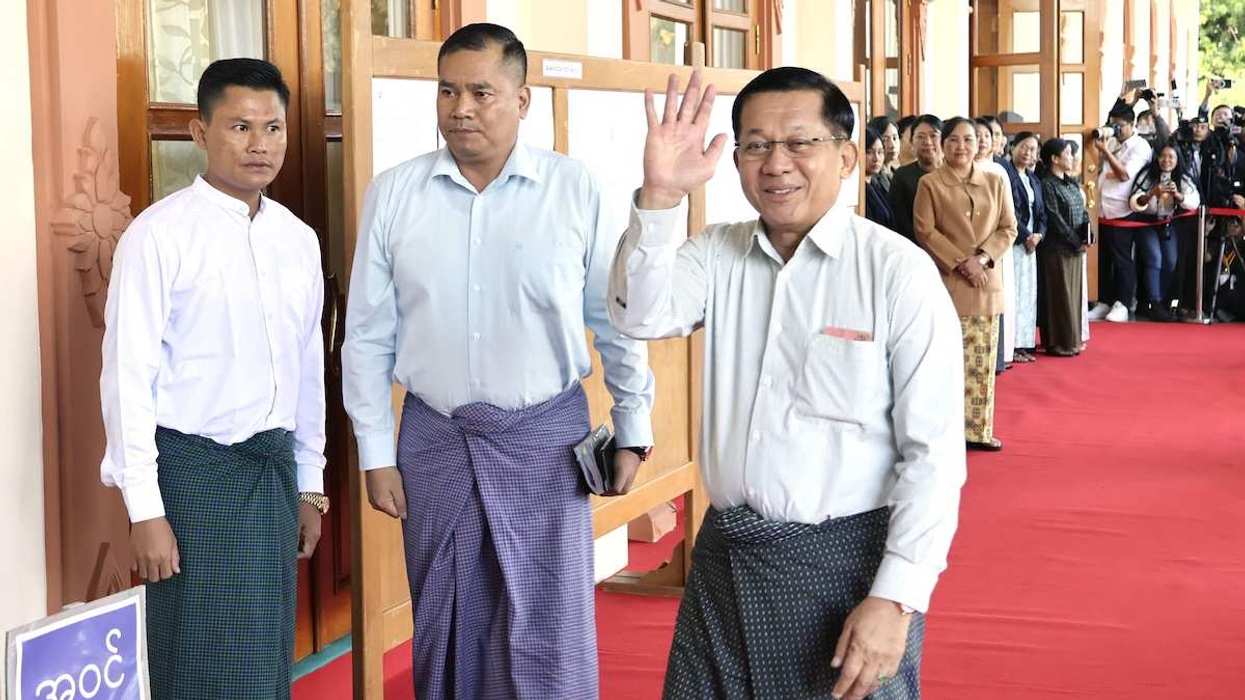Western leaders up the ante
Leaders of the G7 — the US, UK, France, Germany, Italy, Japan, and Canada — have ended their gathering in the Bavarian Alps, and all of them, including non-NATO member Japan’s prime minister, have arrived in Madrid for a NATO summit set for June 28-30. The agendas for both gatherings have included a range of topics, but none more urgent than collective responses to Russia’s war in Ukraine. There will be more announcements this week on how best to impose heavy near- and longer-term costs on Russia by banning the import of Russian oil and possibly imposing a price cap on the small volumes of Russian oil Western countries still buy. But Ukraine’s President Volodymyr Zelensky will continue to warn that Ukraine can’t afford a protracted war and that his military needs powerful weapons ASAP to beat back slow-but-steady Russian advances in the Donbas region. The US has promised to deliver an advanced air defense system. Russia has responded to these gatherings by renewing long-range artillery strikes on Kyiv and other cities, including a missile strike on Monday that hit a shopping mall with more than 1,000 civilians inside.
Protests imperil Ecuador's oil exports
Ecuador, the fifth-largest oil producer in South America, was pumping about 500,000 barrels a day before recent protests began to wreak havoc nationwide. For more than two weeks, Indigenous groups have led protests demanding that the government take action to lower soaring prices for food and fuel, increase investment in health care and education, and cut back on mining activities. Clashes between protesters and police have left several dead. Over the weekend, President Guillermo Lasso lifted a recent state of emergency and agreed to a modest fuel price cut of 10 cents per gallon as part of an agreement to open direct talks with Indigenous leaders. But with no comprehensive deal in place, the demonstrations continue, and the Andean oil exporter says it could stop producing crude entirely this week as ongoing violence and vandalism make wells and transport infrastructure impossible to use.


















